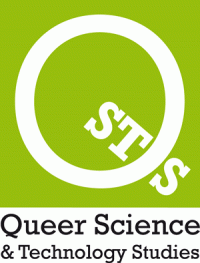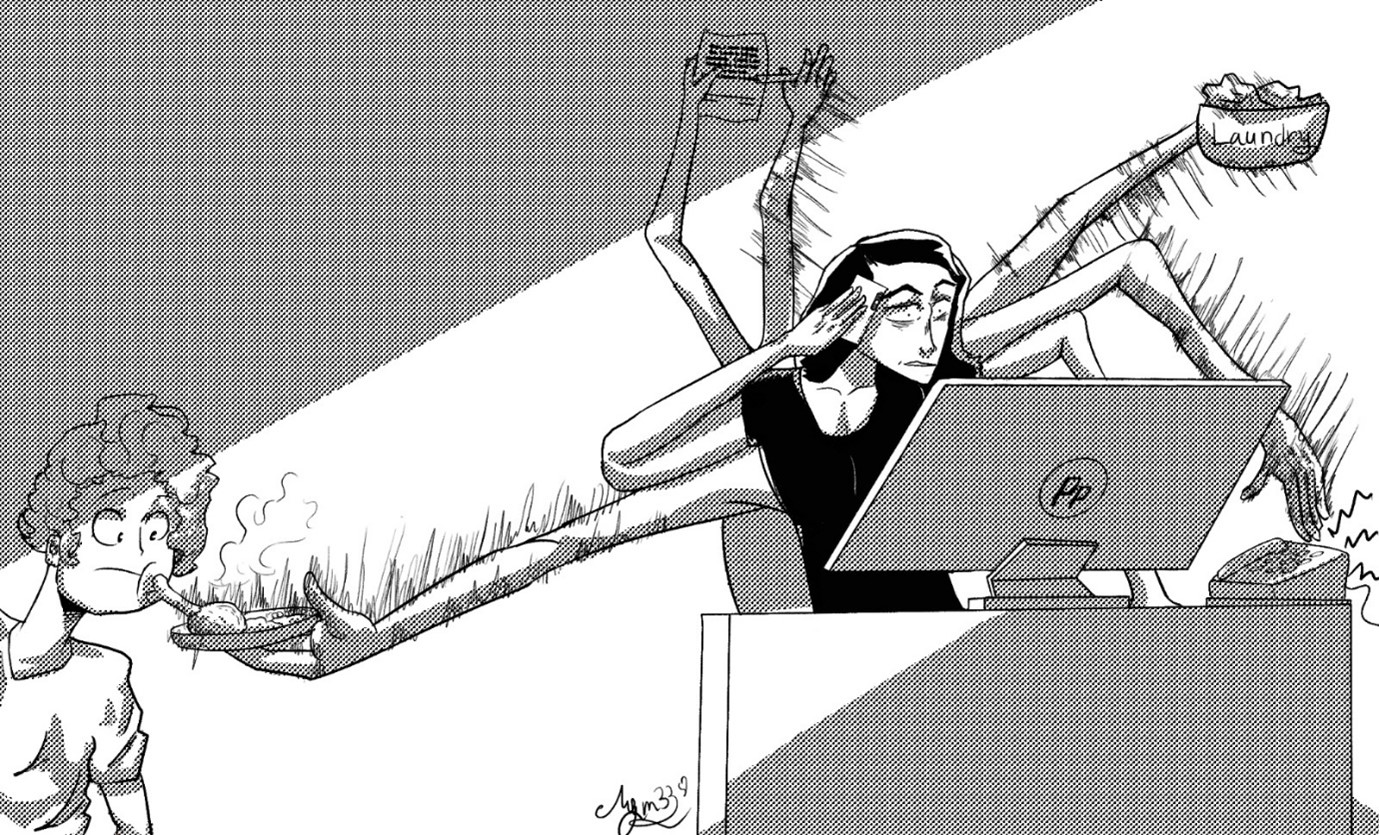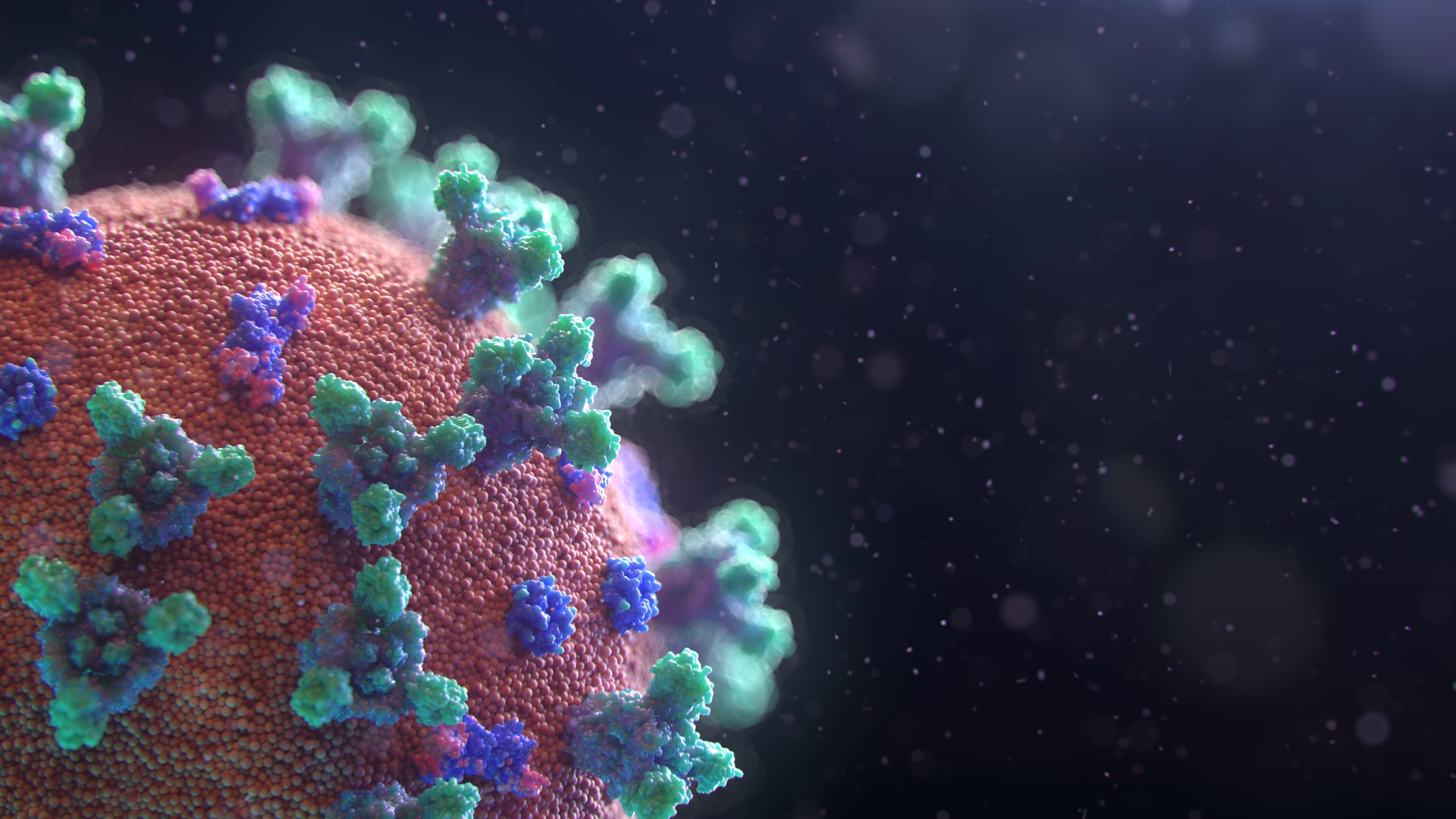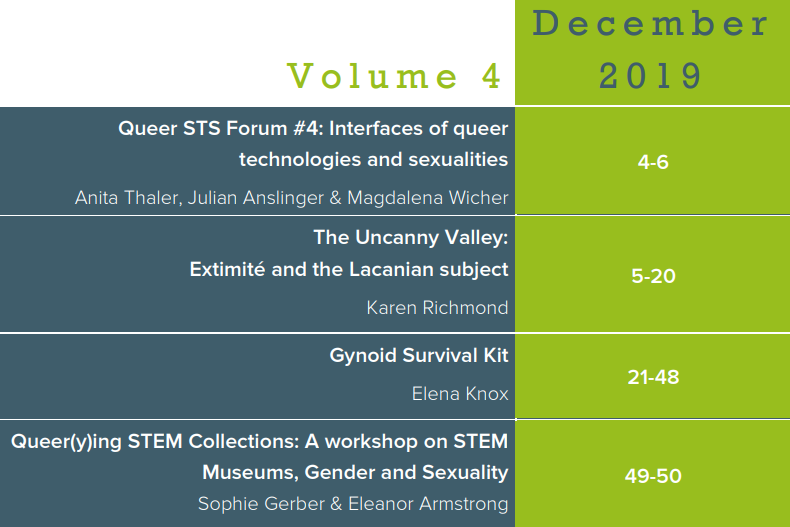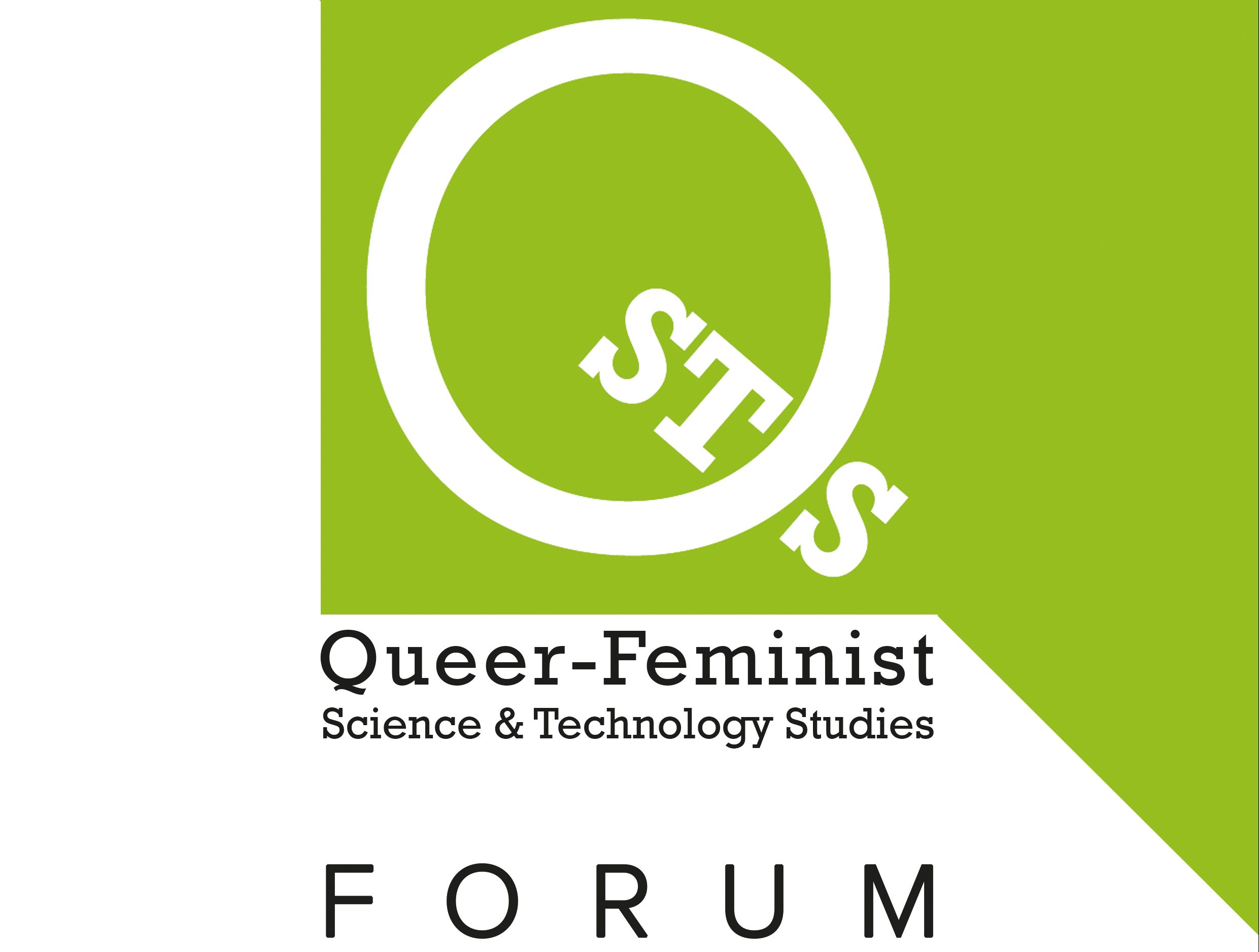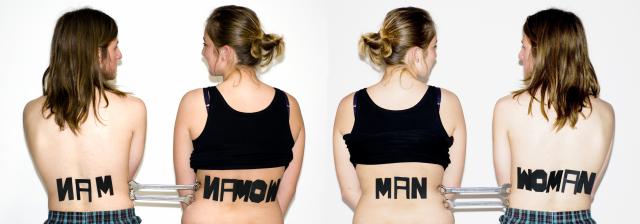Editors: Birgit Hofstätter & Anita Thaler
In recent years queer-feminist communities have been established as places of comfort and empowerment. At the same time we have had to witness social and political setbacks when it comes to the rights of women* and LGBTIQA*. We experience and/or observe hostile environments – particularly in the online, more anonymous dimensions of society. Even in greater feminist contexts we are confronted with movements excluding vulnerable groups from their aspirations or even rallying against minorities (such as trans persons).
However, we see, hear about and participate in queer-feminist activities of kindness, love and solidarity in so many different contexts, from bicycle clubs, upcycling and repair shops, community gardens, cold swimming societies, book clubs, nature walks, crochet projects to fermenting experiments or coding collectives.
In this year’s Queer STS Forum, we are entirely open in regard to the thematic context and focus on the importance of queer-feminist solidarities across communities and movements. We look forward to contributions on e.g.
- how to stand up together against antifeminist, anti-LGBTIQA* movements and bashing of ‘rainbow topics’ etc.,
- how to join forces and overcoming differences,
- initiatives in support of each other,
- joint activism against hate speech and discrimination (e.g. bodyshaming),
- and collect examples of initiative and projects, which aim on kindness, love and solidarity in times of social and political turbulences.
We are interested in a variety of practical, artistical, and academic contributions on queer-feminist solidarities, and so we want to provide two concrete ways of participating in our multi-media open access publication Queer STS Forum #9/2024:
- We invite research papers and creative formats using audios, videos, images, texts – to illuminate and reflect ideas, experiences and actions of queer-feminist solidarities. These contributions tell/show stories and share experience, which can inspire and/or offer learning potential.
- Additionally, we want to highlight initiatives, communities and projects, which cherish and practice queer-feminist solidarity. These contributions aim at telling interested people about your initiative/project/event. We will provide space to highlight and feature these queer-feminist solidarities in our Forum.
Please send abstracts describing your idea in 1000 to 2500 signs (blanks included) until April 20th to .
Time schedule for issue #9 in 2024
- Call for contributions: March 20th 2024
- Deadline for submitting abstracts: April 20th
- Feedback on your abstracts: April 30th
- Submission of first full version of contributions: June15th
- Review feedback: August 30th
- Submission final version of contribution: September 30th
- Planned date of publication: November-December 2024
